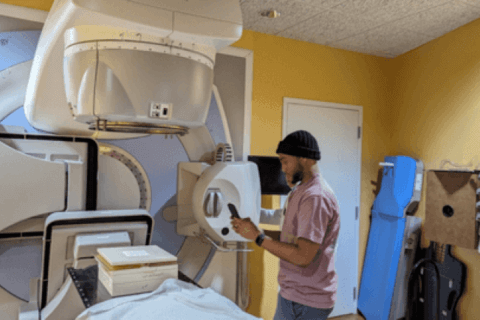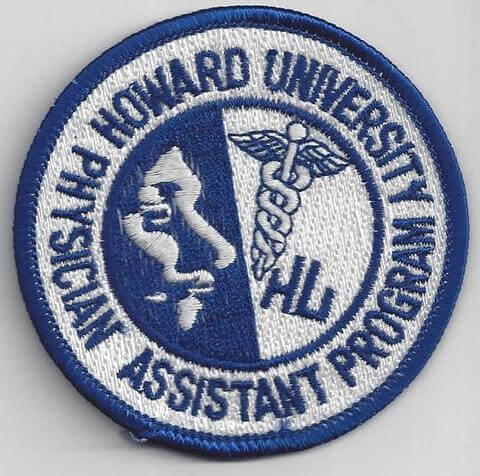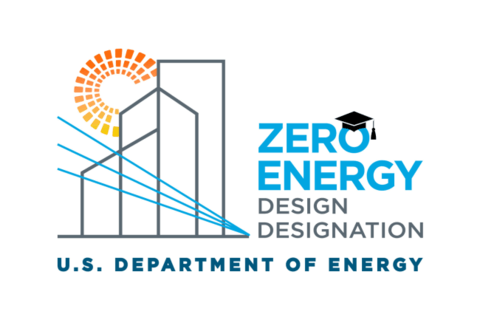Accreditation
Accreditation is the review of the quality of higher education institutions and programs. Historically, it has served as a mechanism to ensure that an institution or program provides a quality education.
Colleges, universities, and programs are accredited. In the United States, colleges and universities are accredited by one of nineteen (19) recognized institutional accrediting organizations. Programs are accredited by one of approximately sixty (60) recognized programmatic accrediting organizations.
In the United States, accreditors are private, non-governmental organizations created for the specific purpose of reviewing higher education institutions and programs for quality.
Accreditation at Howard University
Howard University is fully accredited by the Middle States Commission on Higher Education (MSCHE). Additionally, there are many programs at Howard that are accredited by programmatic accrediting organizations. The list of accredited programs at Howard can be viewed at Accredited Programs at Howard University.
Click here to view MSCHE Standards for Accreditation and Requirements of Affiliation (Fourteenth Edition)
Contact
Daphne B. Bernard, PharmD, RPh
Associate Provost, Institutional Accreditation and Assessment
MSCHE Accreditation Liaison Officer (ALO)
Please direct questions about institutional or programmatic accreditation to Associate Provost Bernard: Email Associate Provost Bernard
Howard University Statement of Accreditation Status (SAS): Link
Download a PDF version of the SAS here:
Spotlight
FAQs about Accreditation
Why is Accreditation Important?
Accreditation is important for a litany of reasons. The Council for Higher Education Accreditation (CHEA) lists the following examples:
- Students who want federal (and sometimes state) grants and loans need to attend a college, university, or program that is accredited.
- Employers ask if a college, university, or program is accredited before deciding to provide tuition assistance to current employees, evaluating the credentials of new employees, or making a charitable contribution.
- The federal government requires that a college, university, or program be accredited in order to be eligible for federal grants and loans or other federal funds.
- State governments require that a college, university, or program be accredited when they make state funds available to students or institutions and when they allow students to sit for state licensure examinations in some professional fields.
Below are some resources that discuss what accreditation is, who the accreditors are, and how accreditation works.
- What is Accredited? (CHEA)
- Who are the Accreditors? (CHEA)
- How does Accreditation Work? (CHEA)
What is Institutional vs. Programmatic Accreditation?
Institutional accreditors review the entire institution while programmatic accreditors review specialized and professional programs in a range of fields and disciplines within institutions. A programmatic accreditor, similar to an institutional accreditor, will review a school's academic standards, as well as other areas related to the student experience, and evaluate whether the program is giving its students a substantive and valuable education. In a nutshell, programmatic accreditation organizations specialize in individual programs offered at a variety of schools, while institutional accreditation organizations focus on the institution as a whole.
A list of programmatic accrediting organizations can be found on the CHEA website via the following link.
Below are some resources where you can find out more about institutional and programmatic accreditation.
- U.S. Recognized Accrediting Organizations - Institutional and programmatic accrediting organizations that are or have been recognized by the Council for Higher Education Accreditation (CHEA) or the U.S. Department of Education (USDE) or both.
- Profile of Accreditation - Provides the number and types of institutions and programs accredited in the U.S. as of 2012.
- Accrediting Organizations in the U.S.: How do They Operate to Assure Quality? - Describes how accrediting organizations do their work, including how accreditation standards are developed and how accreditation decisions are made.
- The Fundamentals of Accreditation: What do You Need to Know? - Answers 20 basic questions about accreditation.
What are some Accreditation Best Practices?
There is no "one size fits all" approach to assessment. What works best in this process depends on the strengths of the institution, department, and faculty and staff that support it. We have added a few items below in the hopes that you may consider them during your accreditation/assessment process.
Establishing Validity and Reliability
Validity connects assessment to performance. This process ensures an assessment measure's content is consistent with course assignments and specific learning outcomes. Faculty and staff should ensure precise, valid, and accurate results in the reporting process to both internal and external stakeholders.
Collaboration & Buy-In
Institutional assessment officers are equipped with the knowledge and resources to run effective assessment processes. Faculty and staff are subject matter experts and should work alongside assessment professionals, other departments, offices, and groups to ensure meaningful and sustainable assessment. Departmental leadership should also stress the importance of assessment to faculty and staff in their units to ensure practices are understood to be helpful and not just viewed as compliance.
Learning From the Past, Preparing for the Future
It is imperative to review assessment results as a part of the planning process for future semesters and as a part of any strategic efforts. Improvements should be made based on both successes and failures and shared among different departments to improve assessment practices.
Professional Development
Organizing and supporting faculty and staff involvement with professional development opportunities encourages a culture of assessment and can have positive, long-lasting effects on institutional assessment processes. Here at Howard, Institutional Research and Assessment (IRA) hosts workshops based on where we are in our accreditation and HAAP cycles.
Can you direct me to further resources on accreditation?
Internal Resources
- Howard Annual Assessment Process
- Course Evaluations
- Graduating Student Exit Survey (GSES) and Other Internal Surveys
- External Surveys
- Institutional Research (IR) Data
- IR Dashboards
- Accreditation Consultation (Assessment)
- Data Request Form (Institutional Research)
External Resources






